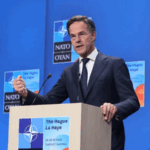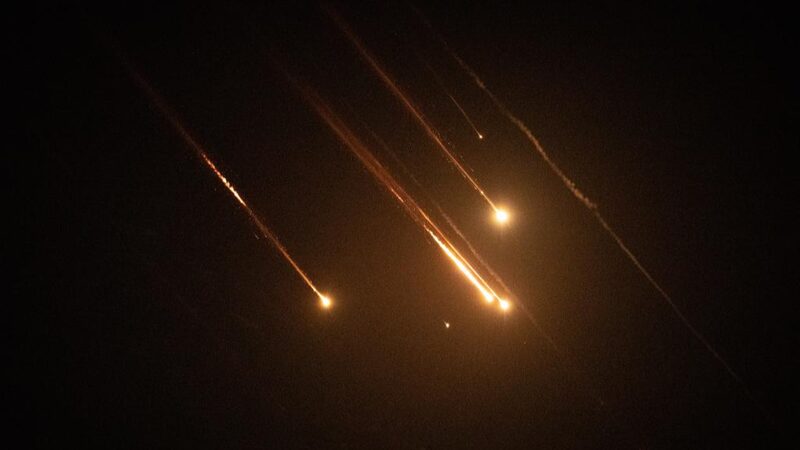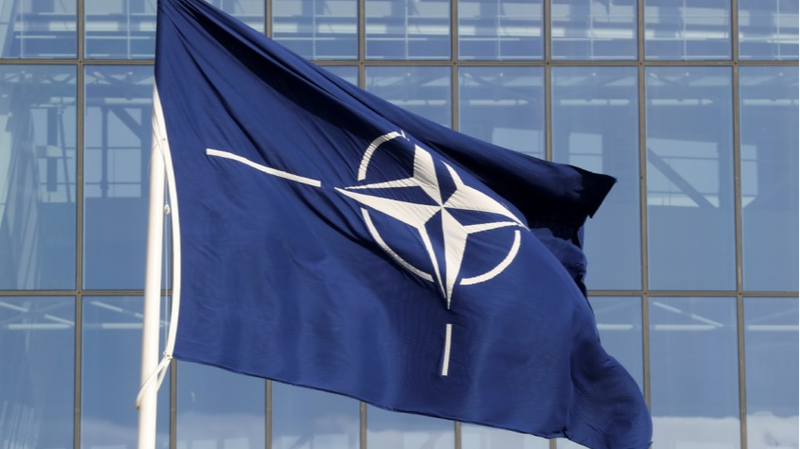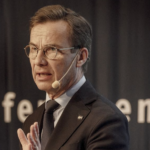Sweden’s recent NATO membership approval—after two years of negotiations—has ignited fresh debates about Europe’s fragile security balance. Analysts warn the move could deepen divides between Russia and the West, particularly in the Baltic Sea region. Here’s what you need to know.
As analyst Dong Yifan from the China Institutes of Contemporary International Relations points out, Sweden’s NATO entry marks a historic shift. With Finland joining last year, Russia’s access to the Baltic Sea is now entirely flanked by NATO members. This ‘encirclement,’ experts say, risks escalating military tensions, as Russia may respond with tougher deployments. 💥
Why does the Baltic Sea matter? For Russia, it’s a vital route for trade and defense. With NATO’s expanded presence, Moscow’s sense of insecurity grows—potentially sparking a cycle of military posturing. Meanwhile, Sweden’s advanced defense industry (think cutting-edge jets and artillery 🛩️) could bolster NATO’s firepower, further tilting Europe’s security dynamics.
Critics argue this undermines long-term goals like mutual respect and sustainable peace. Instead of stability, the region faces a growing ‘us vs. them’ mindset. As Dong warns: ‘Rational crisis management becomes harder when trust evaporates.’
With Arctic tensions also rising, Sweden’s NATO role adds another layer to Europe’s geopolitical puzzle. Will diplomacy prevail, or are we heading into a new Cold War chapter? Stay tuned. 🔍
Reference(s):
cgtn.com





